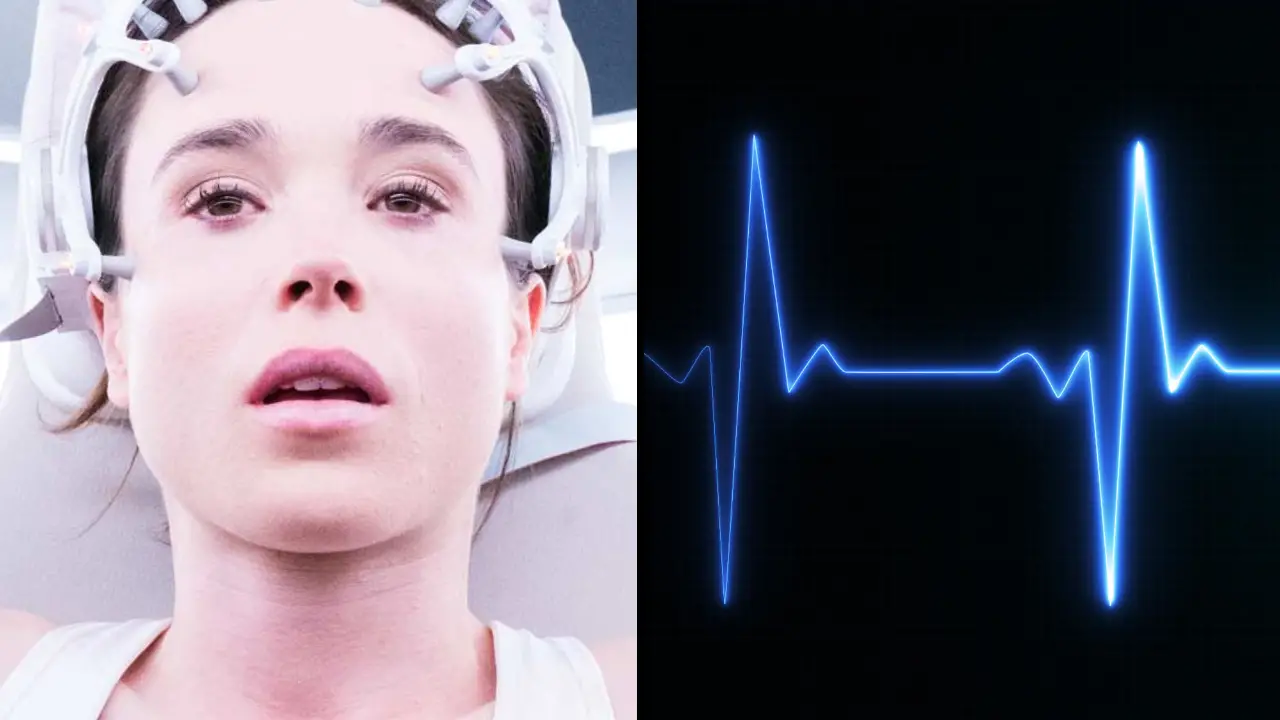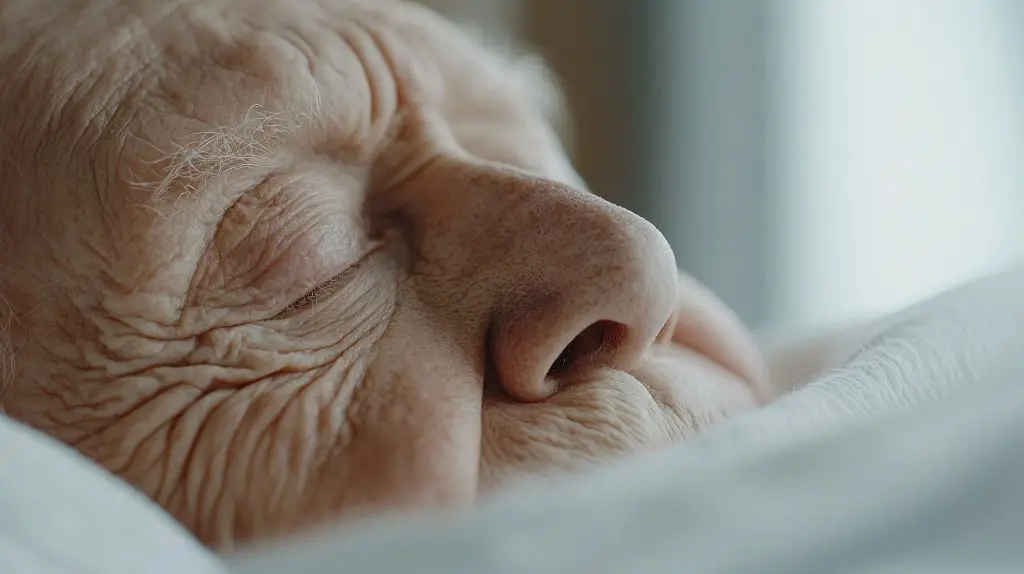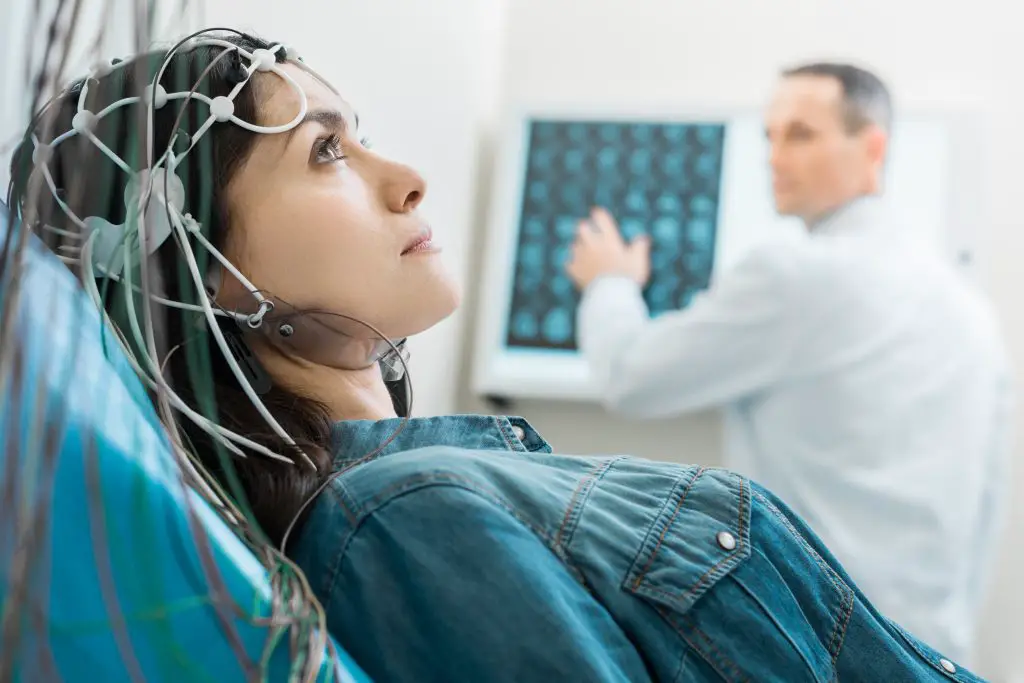
Credit: Sony Pictures & Adobe
First Recording Of Moment Someone Dies Reveals What Your Last Thoughts May Be
A recording of the moment someone dies has revealed what your final thoughts may be like.
The long-standing question of what happens after we die has sparked countless theories, ranging from visions of heaven and hell to concepts like reincarnation or complete nothingness.
While the answer remains elusive, scientists have recently made strides in understanding this mystery.
They’ve captured the first-ever recording of brain activity during the moment of death, providing insight into what could be our last thoughts.

The study involved an 87-year-old man with epilepsy who underwent an electroencephalogram (EEG) to monitor his brain activity.
Tragically, the patient suffered a fatal heart attack during the recording.
Researchers observed brain waves in the 15 minutes surrounding his death, particularly noting an increase in ‘gamma oscillations.’
These oscillations are linked to memory retrieval and support the idea that one’s life may ‘flash before their eyes’ in their final moments.
Dr. Ajmal Zemmar, the lead author of the study published in Frontiers in Aging Neuroscience, explained: “Through generating oscillations involved in memory retrieval, the brain may be playing a last recall of important life events just before we die, similar to the ones reported in near-death experiences.”
He noted that the findings challenge conventional notions about when life officially ends and may also influence questions regarding the timing of organ donation.

Previously, the phenomenon of increased brain wave activity during the time of death has been observed in animals, such as rats.
However, this is the first instance of such data being recorded in a human.
Although this discovery is fascinating, it comes with significant limitations.
The findings stem from a single case study, and the patient’s brain was already affected by epilepsy. Therefore, researchers cannot generalize these results to all individuals.
Moreover, the study underscores the need for further research to draw more concrete conclusions.
It raises ethical and practical questions, such as whether similar experiences occur in people with healthy brains or how these findings might influence the care of individuals at the end of life.

Dr. Zemmar has added an optimistic perspective, suggesting that during death, the brain may replay some of the most cherished moments of a person’s life.
While this interpretation is comforting, given the limited scope of the study, it’s important to approach such conclusions cautiously.
The EEG test, often used to diagnose epilepsy, was key to this discovery. This test uses small, metal discs called electrodes that attach to the scalp.
Mayo Clinic says: “Brain cells communicate via electrical impulses, and this activity shows up as wavy lines on an EEG recording. Brain cells are active all the time, even during sleep.”
This groundbreaking research opens the door to more questions than answers, but it offers a glimmer of understanding about a deeply profound moment of human existence.
Related Article: Woman Pronounced Dead For 15 Minutes Describes Her ‘5 Years In Heaven’
Related Article: Undertaker Says ‘Scaphism’ Is The Worst Way You Could Possibly Die
Want more stuff like this?
Get the best viral stories straight into your inbox!